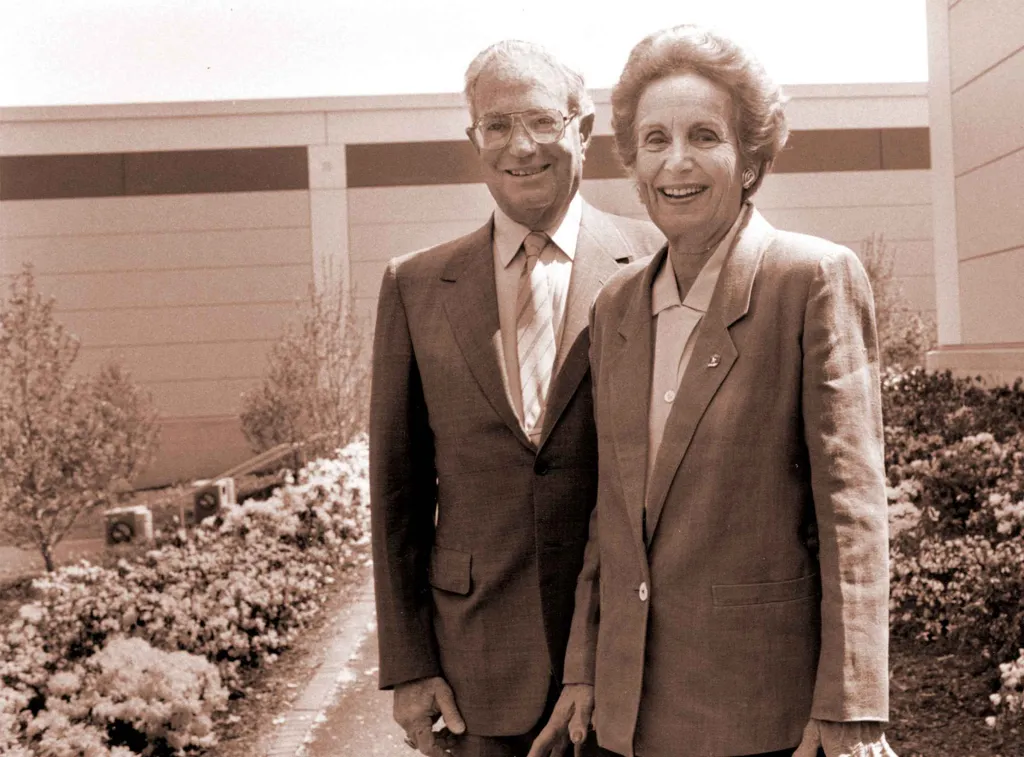
We are looking ahead to the future, ever dedicated to finding ways the Fund can make a unique contribution to this very special place in which we live.
Evelyn D. Haas
Explore our digital timeline to learn more about the Fund’s work and to find out about the heroic accomplishments of the leaders and organizations we have the privilege of supporting.
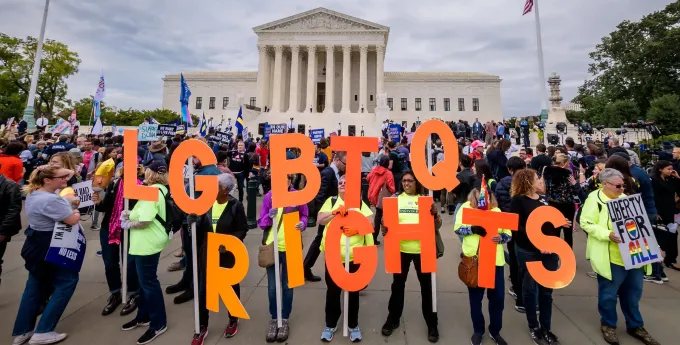 Photo by Getty Images
Photo by Getty Images
After 21 years and over $105 million in investments, the Evelyn & Walter Haas, Jr. Fund announced that we will be winding down our LGBT equality program over the next two years.
While letting go of a grantmaking program is always difficult, we couldn’t be prouder of the transformational work of our LGBT movement partners. Over the past two decades, they have delivered tremendous gains for the LGBT community and advanced our nation’s core values. That said, we know that the struggle to secure full equality for LGBT people is not over. Far from it. We are committed to providing two years of transitional support to our current LGBT grantees so they can continue their important work and plan for the future.
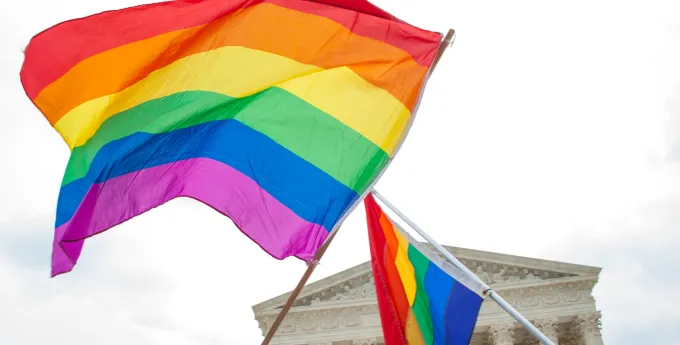
In a decisive 6-3 vote, the U.S. Supreme Court rules on June 15 that the Civil Rights Act of 1964 must be interpreted to protect gay and transgender workers from employment discrimination. Before the ruling, nearly 30 states did not provide these basic civil rights protections, and workers could be fired or discriminated against simply because of their sexual orientation or gender identity. In a letter celebrating the historic win, Haas, Jr. Fund Senior Program Director Matt Foreman thanks several longtime Fund grantees who led the legal fight for nationwide protections. He also notes that the ruling is not enough, highlighting the lack of nondiscrimination protections for LGBT people in areas such as housing, retail and restaurant service, and adoption. “Let’s pledge to each other in this moment to work for bigger, bolder change so that all people can live and thrive as who they are,” Foreman writes.
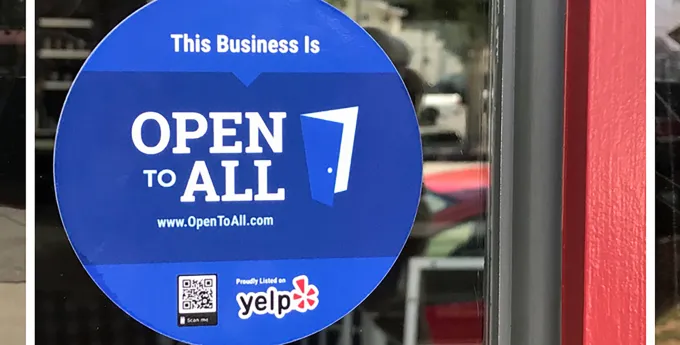 Photo by Movement Advancement Project
Photo by Movement Advancement Project
In response to the Supreme Court case concerning a Colorado baker who refused to sell a gay couple a wedding cake the Movement Advancement Project started a campaign to make businesses more welcoming of all people. In March San Francisco was officially declared the first "Open to All" city.
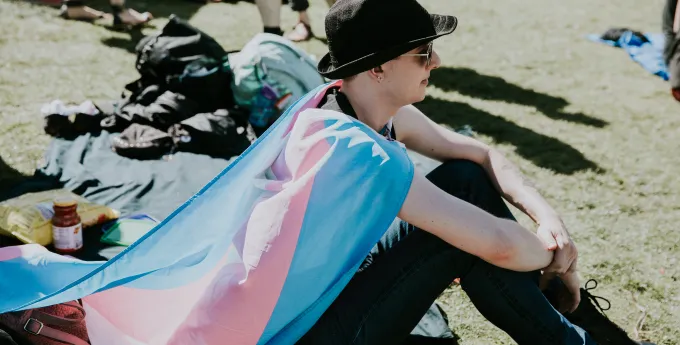 Photo by Jamie Thrower
Photo by Jamie Thrower
A survey supported by the Haas, Jr. Fund indicates that the majority of LGBTQ people working at participating foundations are “in the closet” at work, meaning they have not disclosed their sexual orientation or gender identity to all or most of their coworkers. The first-of-its-kind survey marks an effort to make demographic data on the philanthropic workforce more accessible and to promote more transparency about the experiences and perspectives of LGBTQ workers in the field.
 Photo by Jamie Thrower
Photo by Jamie Thrower
The Supreme Court rules in favor of a Colorado baker who said he would not create a wedding cake for a gay couple. But the decision is narrowly focused on the specifics of this one case, prompting Haas, Jr. Fund Senior Program Director Matt Foreman to observe that it’s time for Congress to act to end anti-LGBT discrimination.
The Supreme Court hears an important case that puts the vision of an inclusive, equal society to the test. In Masterpiece Cakeshop vs. Colorado Civil Rights Commission, the Court is asked to decide if a business should be allowed to discriminate against customers based on the business owner’s religious beliefs.
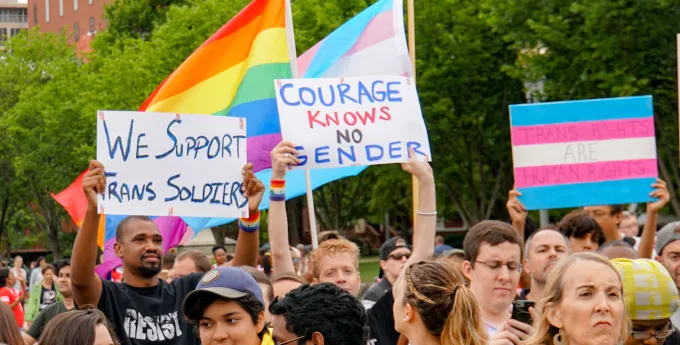 Photo by Ted Eytan
Photo by Ted Eytan
A federal judge rules that transgender people can continue to serve in the U.S. military, despite a proposed White House ban on their service. The proposed White House ban, first announced by the President in July, is a reminder that workplace discrimination is still a very real threat to equality and opportunity for LGBT people across the nation.
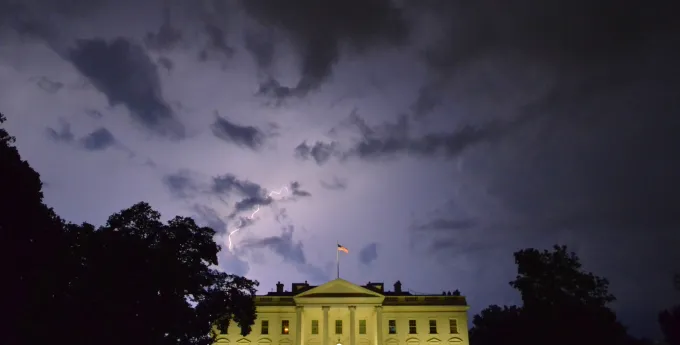 Photo by Amanjeev
Photo by Amanjeev
The 100-day mark of the Trump administration is a time of reflection for philanthropy and its partners in the work of advancing rights and creating opportunities for immigrants, LGBT people, and other communities. Haas, Jr. Fund Vice President of Programs Cathy Cha joins the dialogue with three colleagues in an article for the Chronicle of Philanthropy. The article follows up on a presentation the group made at a Northern California Grantmakers debate.
The Haas, Jr. Fund and other funders that supported the state-by-state strategy to win marriage equality share the untold, behind-the-scenes story of what happened. A case study and video from the participants in the Civil Marriage Collaborative offer lessons for other social justice causes.
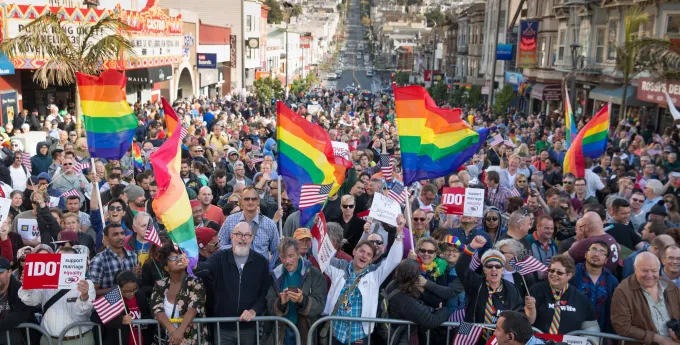 Photo by Charlotte Fiorito
Photo by Charlotte Fiorito
The Supreme Court legalizes marriage equality—the result of hard work by movement organizations and millions of people who changed hearts and minds. The Fund has invested $39 million in this historic work since 2001.
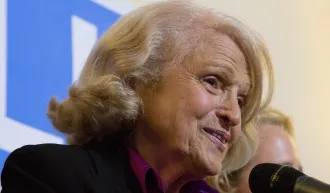 Photo by ACLU ©
Photo by ACLU ©
As a result of efforts by Fund grantees including (add links) Gay & Lesbian Advocates & Defenders, Lambda Legal, National Center for Lesbian Rights, The LGBT Project of the ACLU, the Supreme Court strikes down DOMA, opening the door for gay married couples to secure equal rights under federal law.
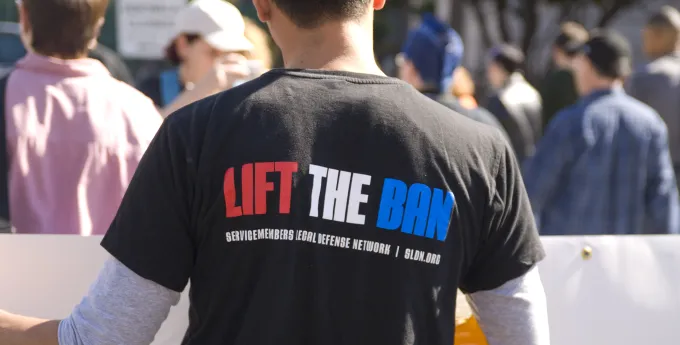 Photo by Jason Pier
Photo by Jason Pier
Longtime Fund grantees the Palm Center and Servicemembers Legal Defense Network play critical roles in the repeal of “Don’t Ask, Don’t Tell,” which outlawed gays and lesbians from serving openly in the military. The repeal marks a crucial gain in acceptance for gay people in American society.
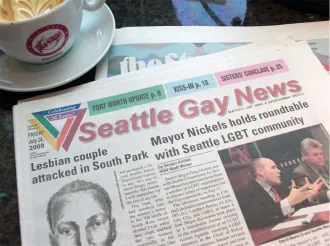 Photo by Trine ©
Photo by Trine ©
The Fund organizes the first national convening of LGBT newspaper editors and bloggers in New York.

The Fund makes its first grant to support marriage equality in its home state of California. The grant supports Let California Ring, the largest-ever public education effort on the issue.
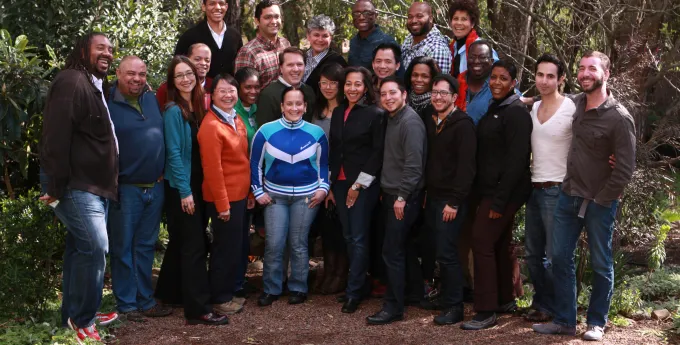
To combat the movement’s lack of diversity, the Fund helps launch the 21st Century Fellows Program, which provides leadership support to people-of-color managers at LGBT rights organizations.
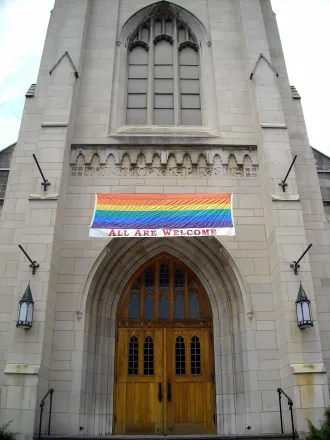 Photo by Josh Photography
Photo by Josh Photography
The Fund steps up its support for organizations working to change hearts and minds on gay equality among people of faith, with a plan to invest up to $6 million in these organizations for the next three years.

The Haas, Jr. Fund helps create the State Equality Fund, which supports non-lobbying educational work to promote full equality for gays and lesbians, including safer schools, nondiscrimination protections and civil unions.
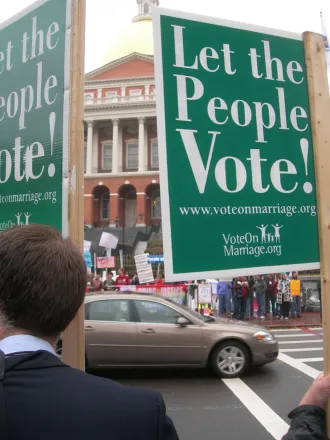 Photo by Chris Walton
Photo by Chris Walton
Anti-marriage measures pass in 11 states by huge margins. Funders and movement leaders begin collaborating to plot a course for changing hearts and minds and for winning marriage equality in a critical number of states.
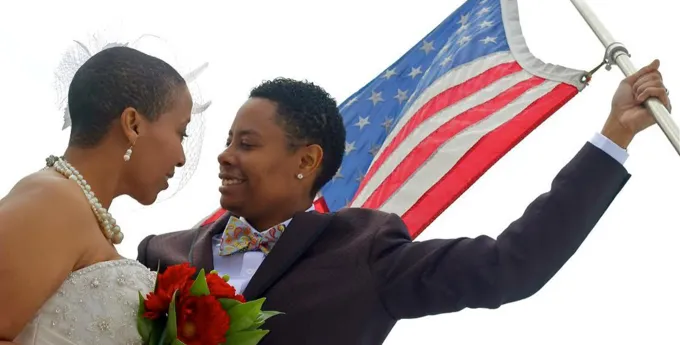
The Fund becomes a founding partner in the Civil Marriage Collaborative, which aligns the grantmaking of leading funders who support marriage equality.
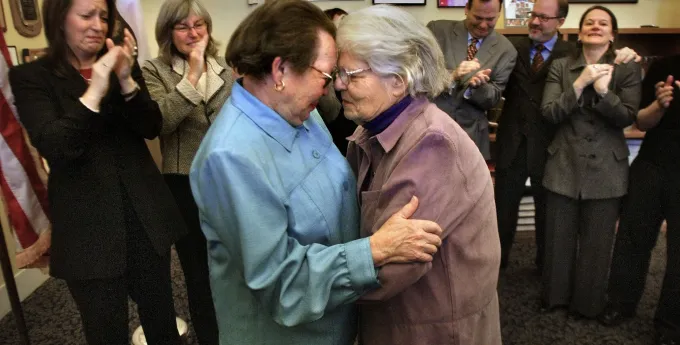 Photo by LIZ MANGELSDORF
Photo by LIZ MANGELSDORF
Following Massachusetts’ decision to allow same-sex marriages in that state, San Francisco Mayor Gavin Newsom opens up City Hall for same-sex couples to marry. The television images go global and stir a national conversation about marriage.
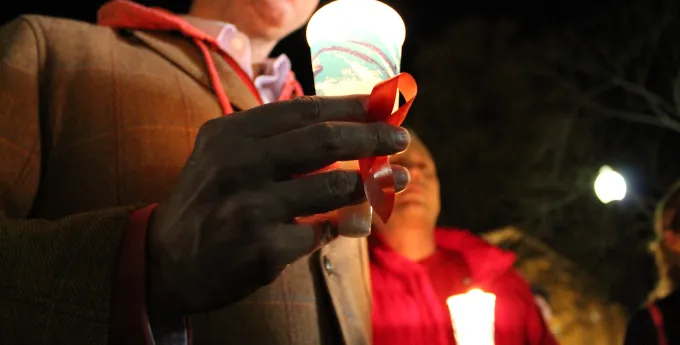 Photo by Elvert Barnes Photography
Photo by Elvert Barnes Photography
The Fund officially launches the Gay and Lesbian Rights program, issuing 29 grants in areas such as housing, anti-violence, school safety and HIV.
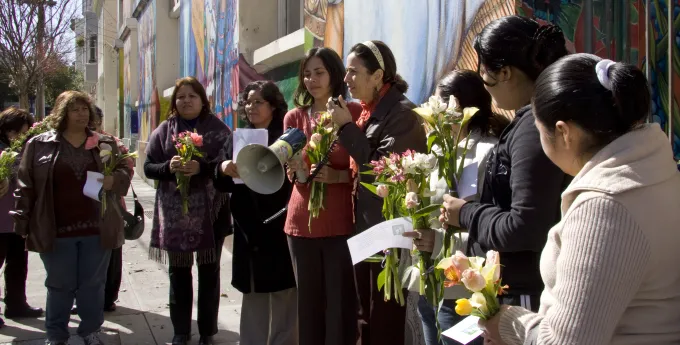
Fund directors approve a new priority: Promoting Diversity and Inclusiveness. This work leads to a focus on immigrant rights and gay and lesbian equality.
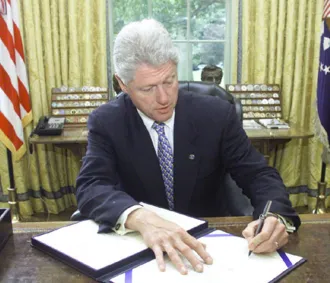 Photo by Ron Sachs/CNP
Photo by Ron Sachs/CNP
President Bill Clinton signs the Defense of Marriage Act (DOMA), which restricts federal marriage benefits to opposite-sex couples, denying gay couples thousands of rights and protections that come with marriage.